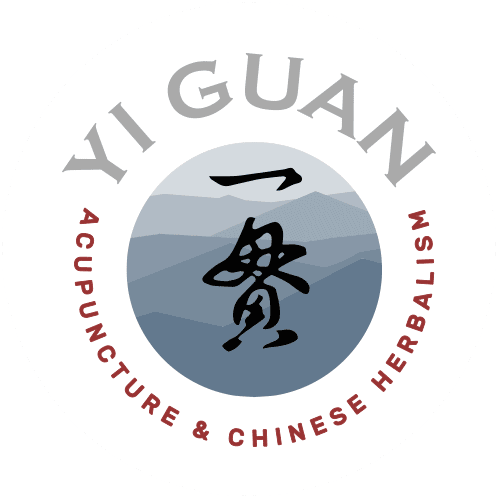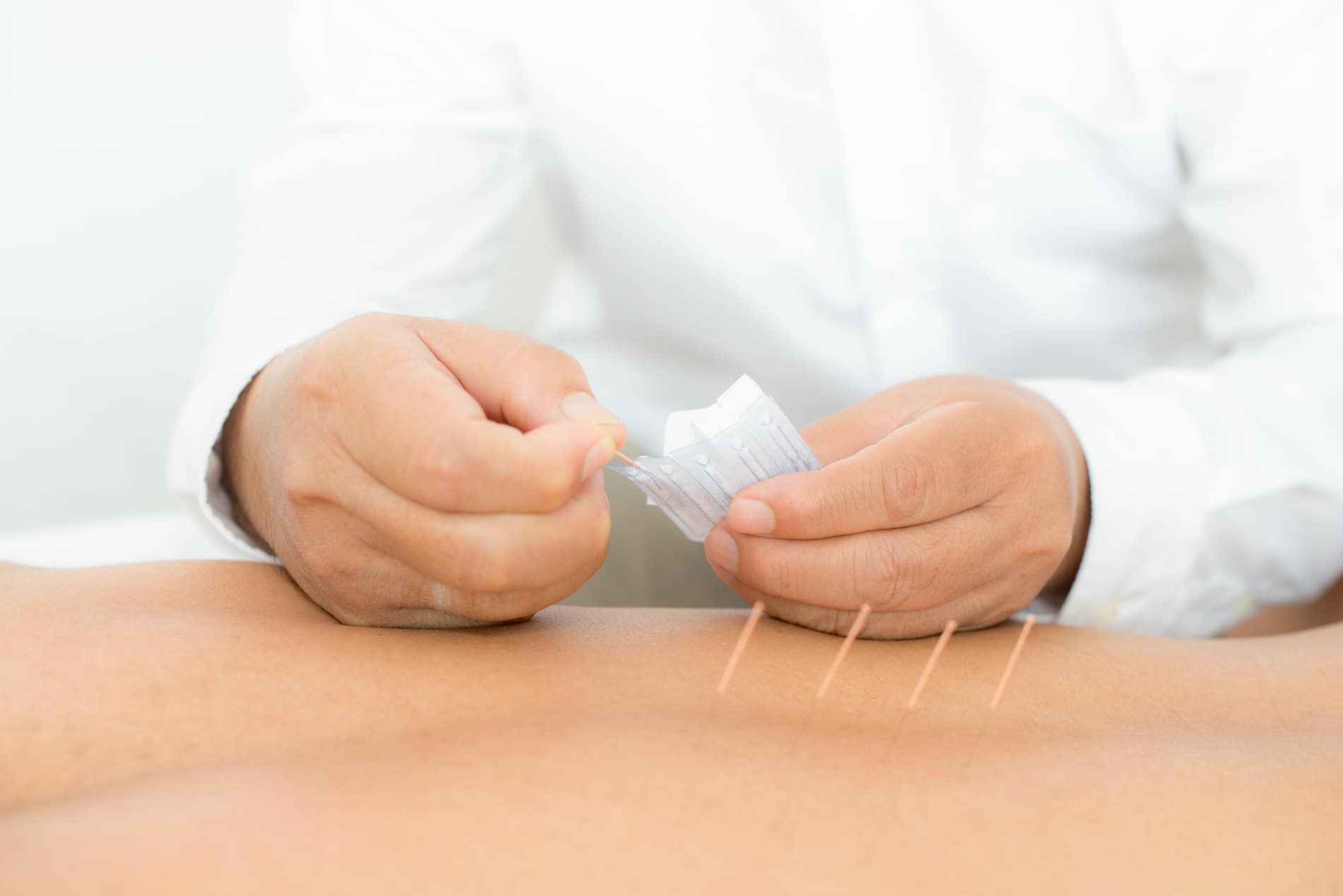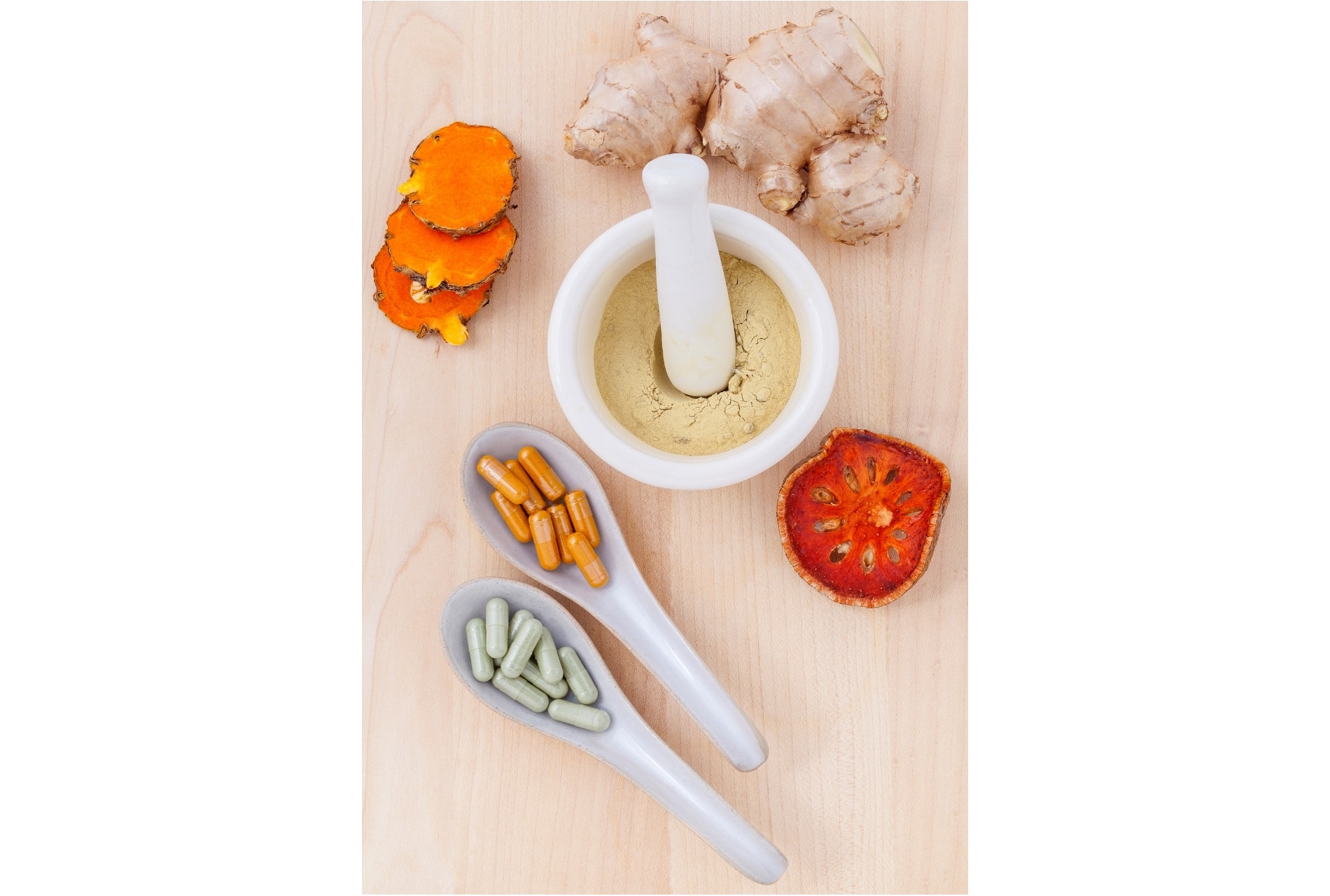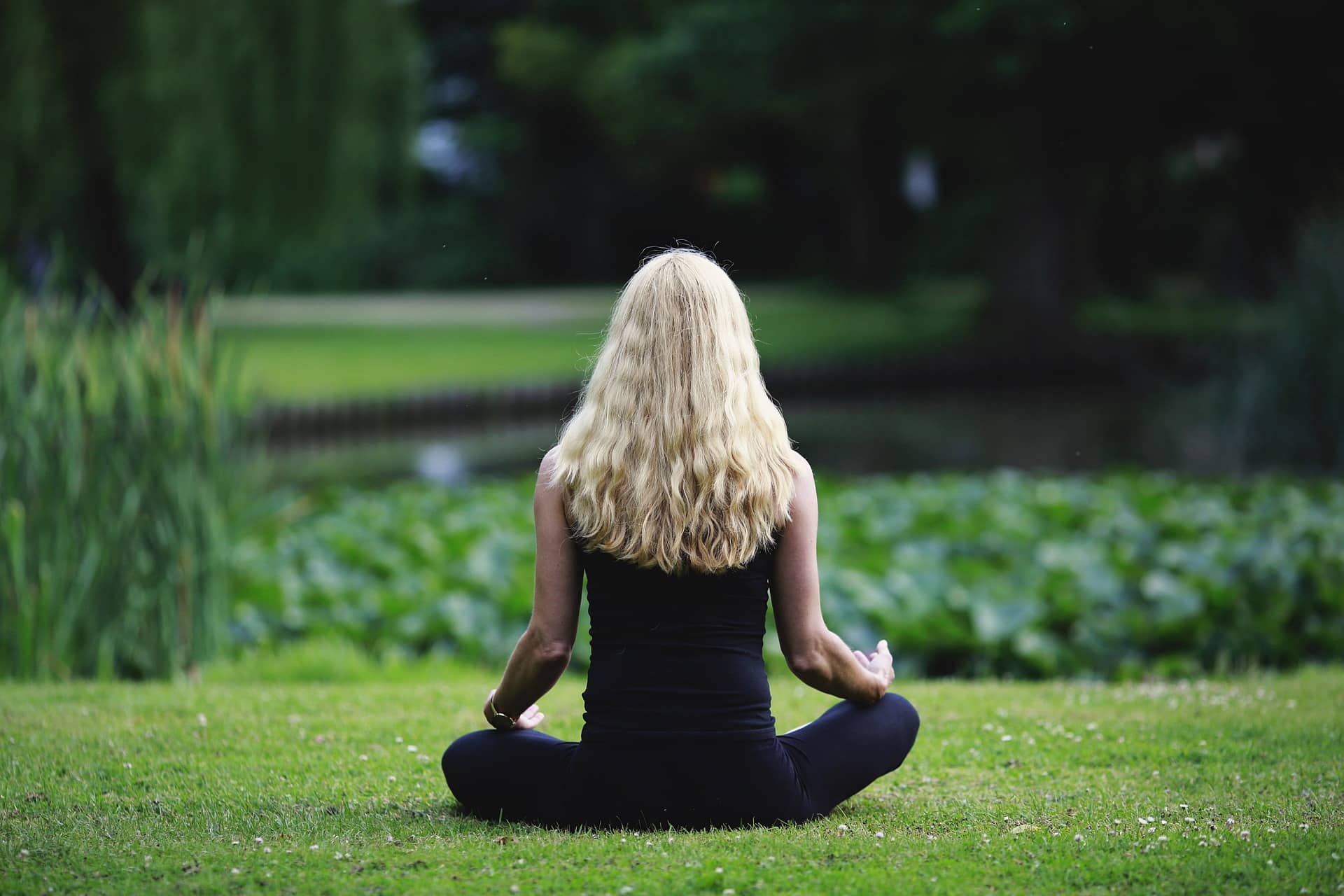FAQ
Frequently Asked Questions
Acupuncture FAQ
Questions covered:
Are acupuncturists doctors?
How does acupuncture work?
What can acupuncture treat?
Do acupuncture needles hurt?
Is acupuncture safe?
Are acupuncture needles sterile?
How many acupuncture treatments are needed?
What should I expect in an acupuncture session?
How should I prepare for my acupuncture treatment?
Can a child have acupuncture?
Don’t see your question? Please contact Dr. Perez and he will get back to you promptly with the answer.
Herbalism FAQ
Questions covered:
How does Chinese herbal medicine differ from other medicines?
What herbs are used in traditional Chinese medicine?
What conditions can Chinese herbal medicine treat?
Do Chinese herbs work for weight loss?
Do Chinese herbs work for insomnia?
Do Chinese herbs work for anxiety?
How quickly do chinese herbs work?
How long will i need to take chinese herbs?
How long do chinese herbs stay in your system?
Can Chinese herbs interact with medications?
Can you take Chinese herbs and antibiotics?
Can chinese herbs cause liver damage?
Is it safe for children to take Chinese herbal medicine?
Where do you get your herbs?
Don’t see your question? Please contact Dr. Perez and he will get back to you promptly with the answer.
Mind-Body Practices FAQ
Questions covered:
What is tai chi?
What is the purpose of tai chi?
What conditions does tai chi help?
Is tai chi the same as taijiquan?
How long is a typical tai chi session?
How many times a week should i do tai chi?
What is qigong?
What is medical qigong?
What does qigong help with?
What is the difference between tai chi and qigong?
How many times a week should i do qigong?
What is meditation?
Is meditation part of Chinese medicine?
What are advantages of meditation?
How often should you meditate to see results?
Is qigong as good as yoga? / Is tai chi as good as meditation? / Is qigong as good as meditation?
Don’t see your question? Please contact Dr. Perez and he will get back to you promptly with the answer.
Other Common Questions
How does herbalism work?
Over the numerous generations stretching from ancient times to the modern era, Chinese herbalists have been honing the perfect blend of herbal substances to approach a full spectrum of ailments with undeniably favorable outcomes, and in some instances in alleviating issues modern therapies have yet to adequately tackle. See the Herbalism section of our Services page for more information.
When will you use needles versus herbal remedies?
Most cases will utilize a balanced mixture of needles, herbs, and mind-body practices linked together into one tailor-made protocol. After a comprehensive consultation, the clinician determines which approach is most effective and suitable for the patient.
How do I take the herbal remedies?
The common ways in which Chinese herbs are dispensed today are as:
- decoctions made from bulk (fresh) herbs
- powder of ground up bulk herbs ingested directly or dissolved in hot water
- powder granules encapsulated or formed as pills or dissolved in hot water
- alcohol-based tinctures.
There are other methods to prepare topical remedies such as ointments, liniments, and pastes. Many formulas are available in several formats. Our theory is that the most effective format is the one the patient will most likely take as prescribed.
What is a decoction?
To prepare a decoction, herbs from the prescribed bag are soaked in water and then simmered for a period of time depending on the protocol. This water is separated, and the herbs are again simmered in additional water. After that, both volumes of water are added and this volume is divided into separate doses. One bag typically makes 2-3 days worth of fluid doses.
What are powder granules?
How soon will I see benefits?
Most commonly patients report a change in symptoms at the time of needling, or do not perceive the difference until after the treatment when they stand up and move around. Sometimes it takes a few hours of them going about their day before they gradually notice things are better. And sometimes people do not notice it until the next morning, after a night’s sleep.
The expectation for results with herbal treatments can range from within minutes after ingesting the first dose to several weeks of continued use depending on the condition and the formula used (sometimes a slow response is what is needed). The average reported length of time before something is noticed is 3-4 days
How long will the benefits last?
How frequently do I need to come for treatment?
Once the benefit of the acupuncture treatment begins to wane, the patient should return for additional treatments. Studies have shown that it may take up to 10-12 treatments before a long-sustained positive effect on symptoms is noted. The most common time frame reported by patients is that positive effect is noted within 2-3 treatments.
Herbal prescriptions are generally dispensed for two weeks, at which time the patient should be reassessed.
What are the rules and restrictions of mini treatments?
Do need to be a patient to take the Taijiquan/qigong/meditation classes?
Do I need to go to the Taijiquan/qigong/meditation classes if I am a patient?
What are the most common ailments that Eastern medicine can help with?
As it has been, for all intents and purposes, the sole medical system in use for the entirety of China’s lengthy dynastic era, acupuncture, herbalism, and mind-body exercises can treat a full spectrum of diseases. Our practice philosophy at Yi Guan Acupuncture and Chinese Herbalism is not that one picks East over West, but one uses East and West in proper balance to more optimally manage your issues. Common issues addressed:
- Acute and chronic pain
- Headaches
- Emotional dysregulation
- Stress
- Insomnia
- Endocrine imbalances
- Poor digestion
- Stabilizing cravings for weight control, smoking cessation, or substance abuse cessation
Who is Dr. Perez?
Dr. Dan Perez is both a Western-trained physician and a graduate of the AOMA Graduate School of Integrative Medicine. Based in Austin, Texas, AOMA is recognized as one of the leading schools in Chinese Medicine. Being both an expert in Western medicine and Chinese medicine, Dr. Perez offers his patients natural, minimally invasive and integrative medical options for treating a variety of chronic medical conditions.
Let's get started!
This could be the most important step you take in your health journey. Schedule a consultation now, or complete the short form and let's connect.
Free 15-min Consultation
Phone
NEW Location
Yi Guan Acupuncture and Chinese Herbalism
11614 Bee Caves Road, Suite 230,
Austin, TX 78738 (directions)



